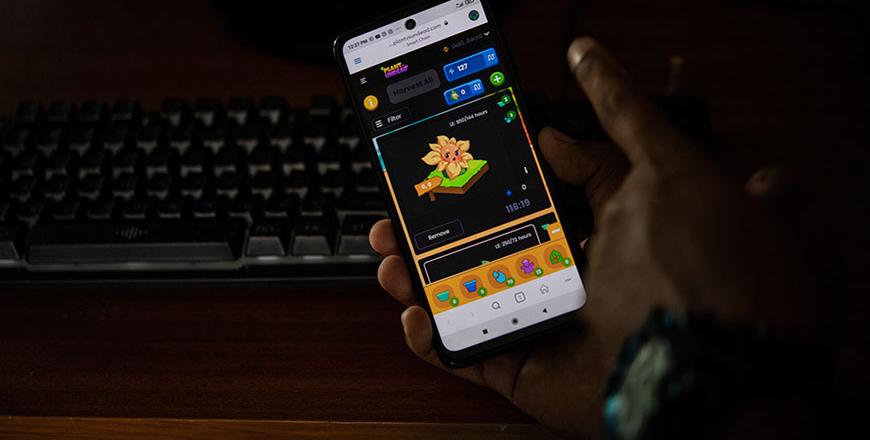You are here
Keep it simple please
By Jean-Claude Elias - Oct 17,2019 - Last updated at Oct 17,2019
When it comes to dealing with technology, there are clearly two types of people: those who just want to use it, simply, smoothly and efficiently, with as little headache as possible, and those who enjoy tweaking the settings, defragmenting hard disks, are restless checking for updates and other ways to work and do things, and who don’t mind suffering a bit along the way — they actually enjoy it.
Sometimes the industry is kind with the first type, making products that are truly user-friendly, as the old expression dating back to the 1990s goes, and at other times is totally merciless, giving us devices and software that are a real challenge for those who only want peace of mind, who dream of no-brainer smartphones, computers and Internet.
Over the last couple of years, news of cryptocurrencies (or digital, or virtual currencies) and of the Blockchain technology have been in the media almost every day. The so-called experts tried hard to explain the concepts to the wide public. After all this time, and for the large majority of the population, including the masochistic ones who enjoy suffering with high-tech, these two specific aspects of the digital virtual world are still not clear enough, are not to understand and certainly not to use.
Not surprisingly both technologies have not made it big yet. For example, writing for the authoritative Computerworld magazine earlier this month, Lucas Mearian said “blockchain is unlikely to become technically and operationally scalable anytime soon”. We wonder why?
As for digital currencies, and although in some parts of the world retailers are experimenting with it, most central banks, including Jordan’s own, are still declaring these currencies not acceptable in an official manner.
This being said, the global indicators show that Blockchain will eventually make it, while the future of digital currencies is uncertain, at least in the foreseeable future. Indeed, Blockchain, as complicated as it may sound, is all about making online financial transactions more secured, whereas digital currencies bear this “gambling” connotation that in the eyes of many is scaring — regardless of whether the fear is justified or not scientifically speaking.
On the lighter side, there are still aspects of what should be very simple technology that puzzle some. For instance, a friend was recently asking me if I could figure out why Netflix would work flawlessly, every time, in his TV room, but only now and then in the living room at the other end of his apartment.
I told him to check his home network repeaters (or range boosters), and see if the name of his Wifi network (the SSID), was automatically changing from one room to another. He checked that, confirmed what I suspected, and of course, I had to rescue him by preventing the network to do these unwanted, erratic SSID names changing.
Is this normal? No it is not. But then again, define “normal” in high-tech!
Home networking is nothing compared to all the advanced digital electronics one finds in even the least expensive, the simplest of the new car models. There used to be an engine, an automatic gearbox and the brake pedal. Now without a basic knowledge of digital cameras, Bluetooth, geo-tracking and a huge set of high-tech features (I didn’t say gadgets) that all come pre-installed in your car, proudly displayed on your dashboard, you may feel like driving a horse carriage. Who then still wants to keep it simple?
Related Articles
If you absolutely want to be in when talking technology with your friends in the evening, you have to include Blockchain in the conversation
AMMAN — The 22nd global edition of the World’s Biggest Blockchain Summit Series is making a big return to Dubai on October 17-18, 2022 at At
PARIS — When video game designer Mark Venturelli was asked to speak at Brazil’s biggest gaming festival, he submitted a generic-sounding tit
















